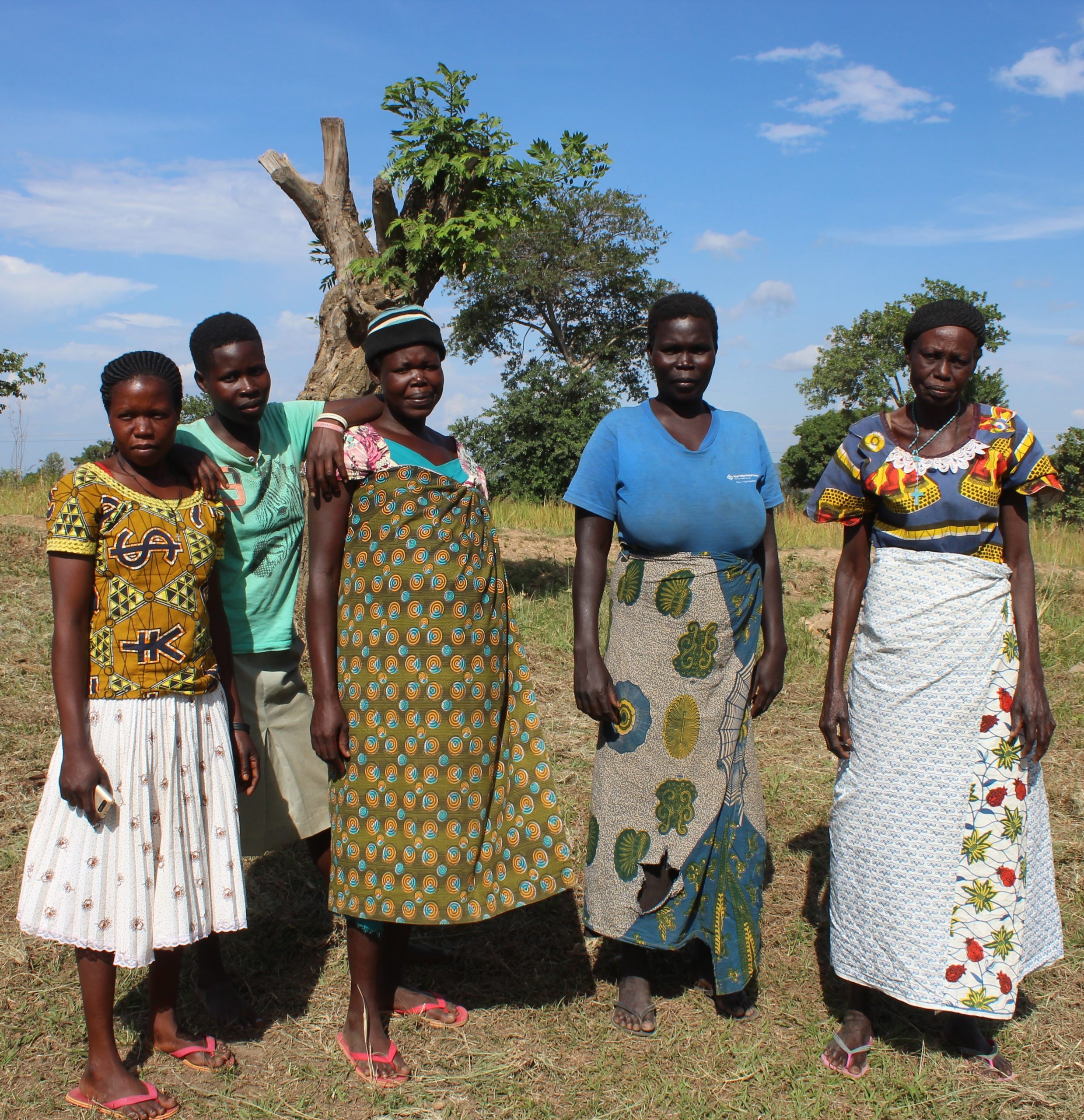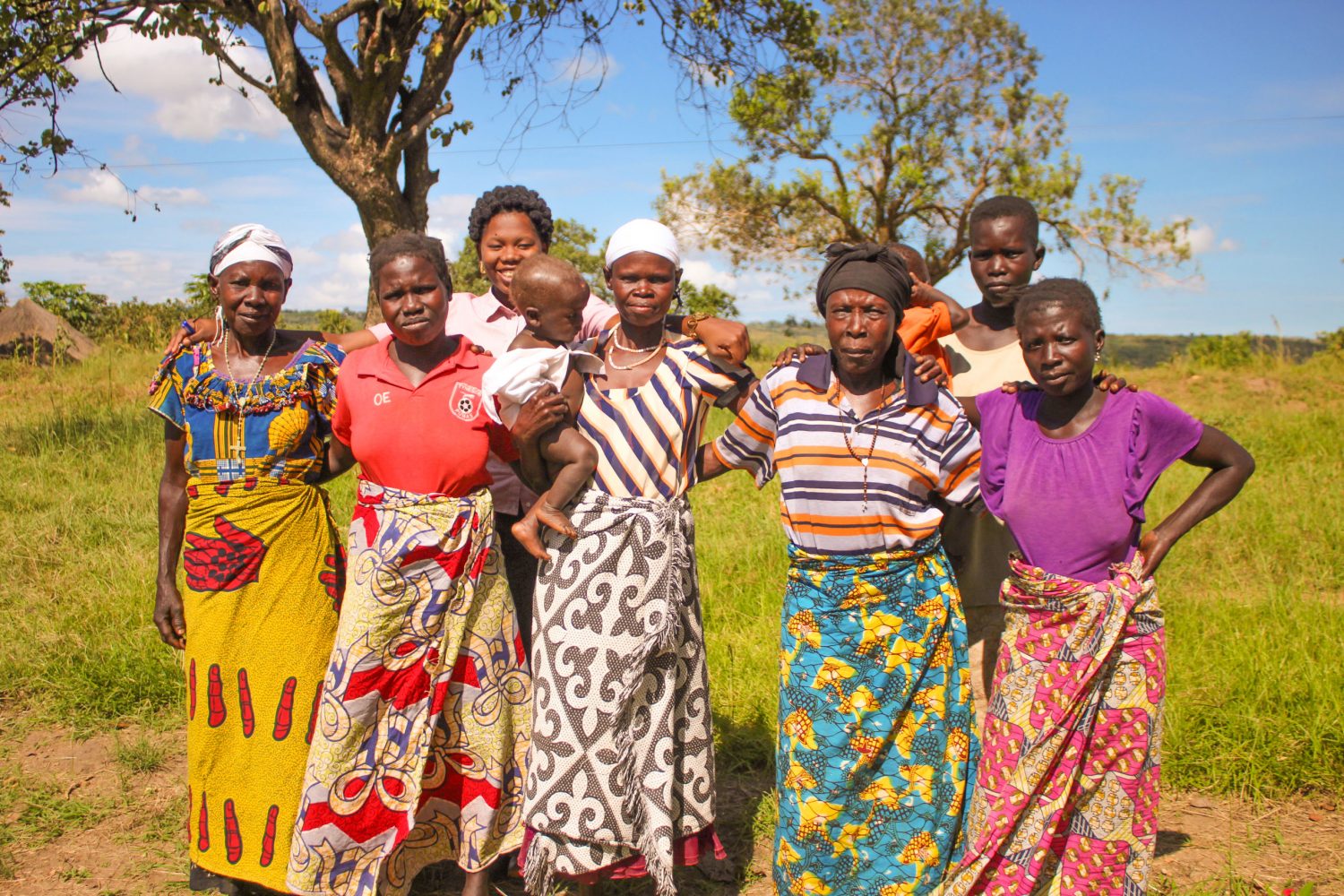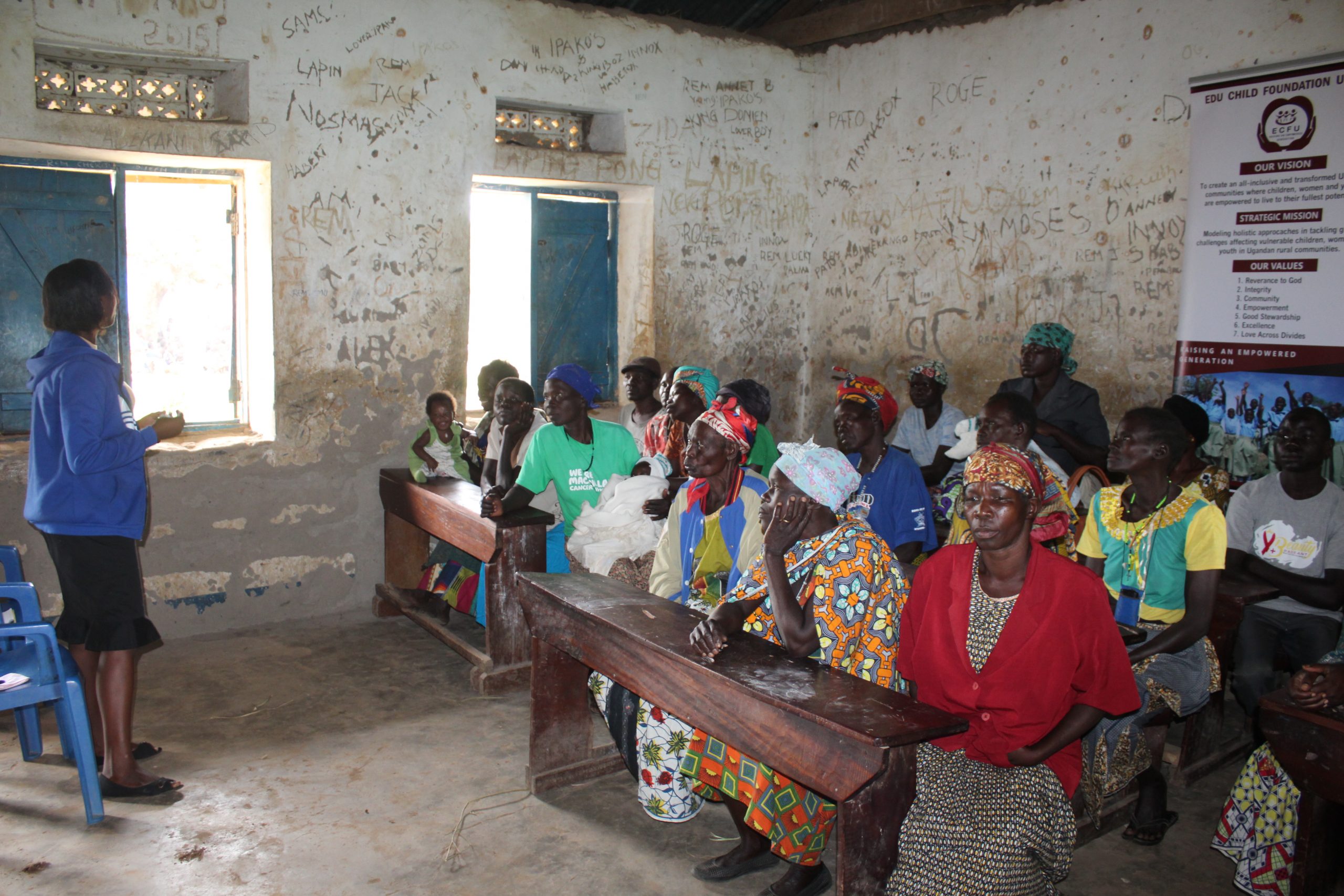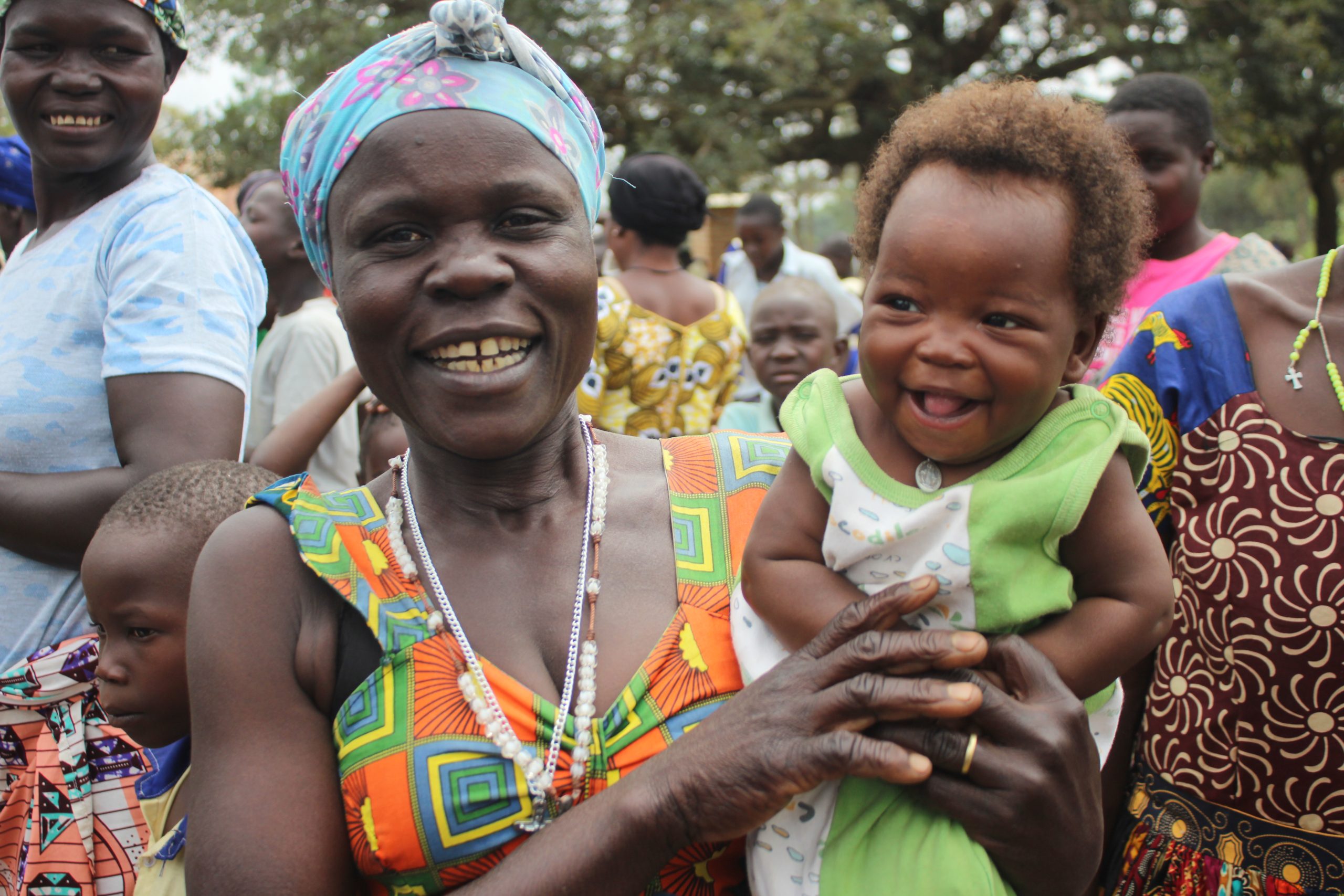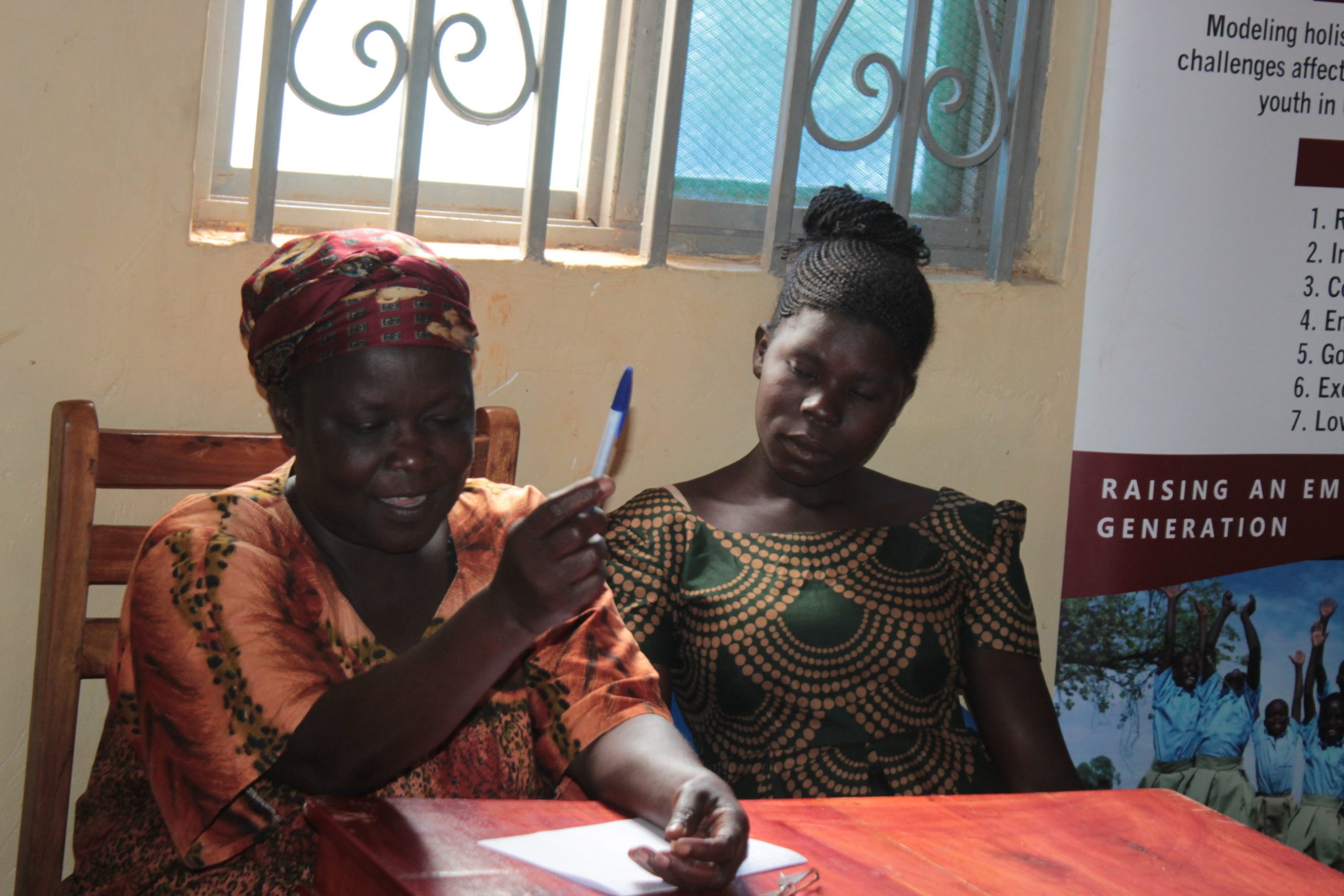The Challenge
Rural women are key agents for development. They play a catalytic role towards achievement of transformational economic, environmental and social changes required for sustainable development. But limited access to credit, health care and education are among the many challenges they face. These are further aggravated by the global food and economic crises and climate change.
Moreover, violence against women and girls also imposes large-scale costs on families, communities, and economies. When women cannot work as a result of violence, their employment may be put at risk, jeopardizing much-needed income, autonomy, and their ability to leave abusive relationships. Violence against women also results in lost productivity for businesses and drains resources from social services, the justice system, and healthcare agencies. Domestic and intimate partner violence remains widespread, compounded by impunity for those crimes. The net result is enormous suffering as well as the exclusion of women from playing their full and rightful roles in society. The world cannot afford to pay this price. Women and girls cannot afford it – and should not have to.

